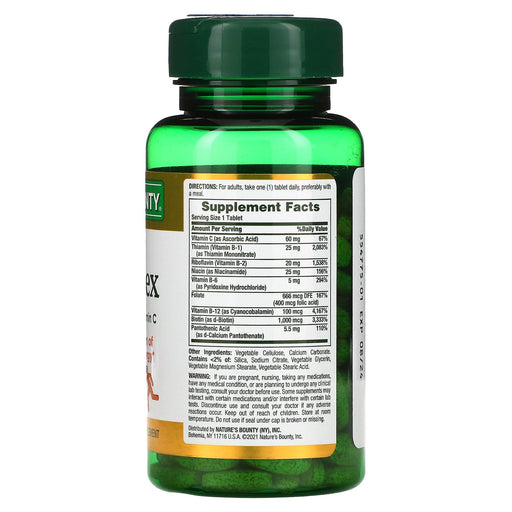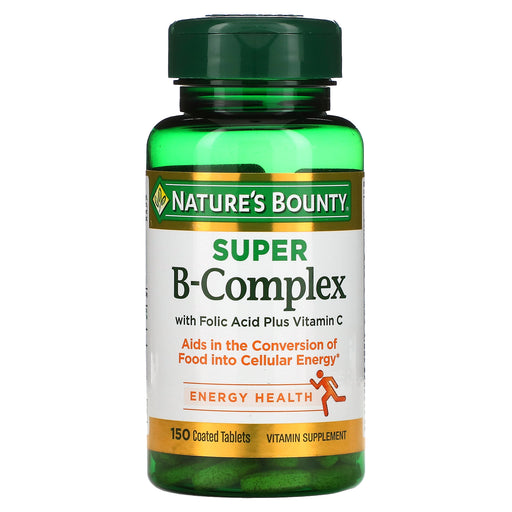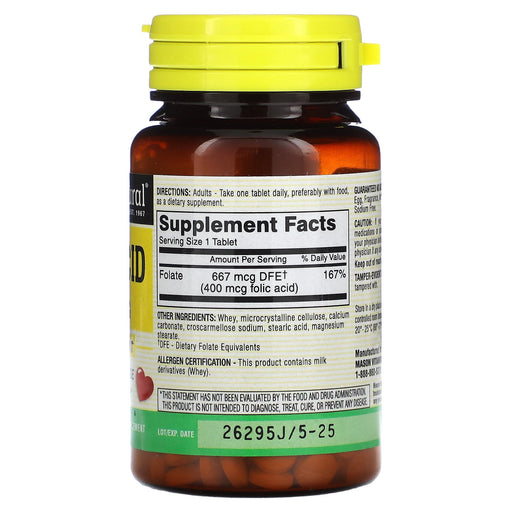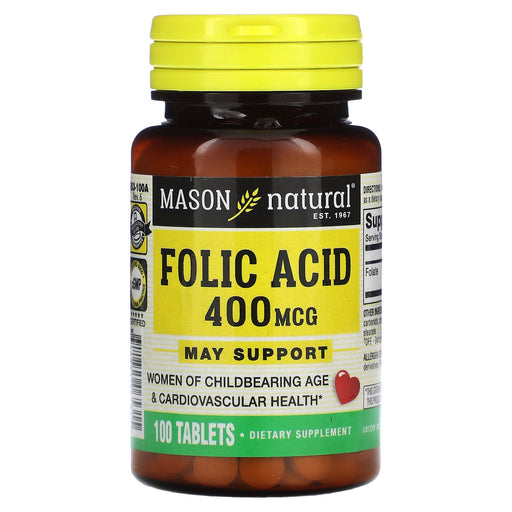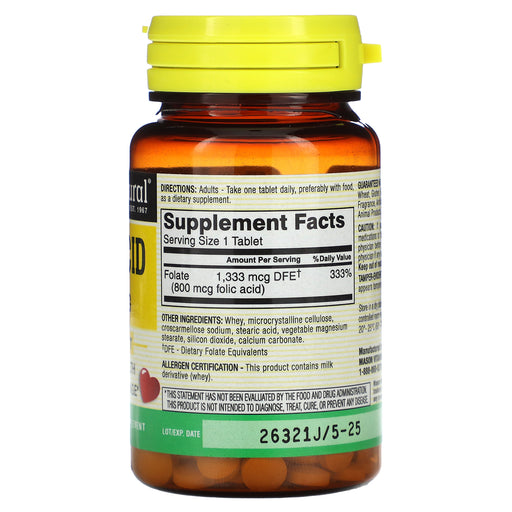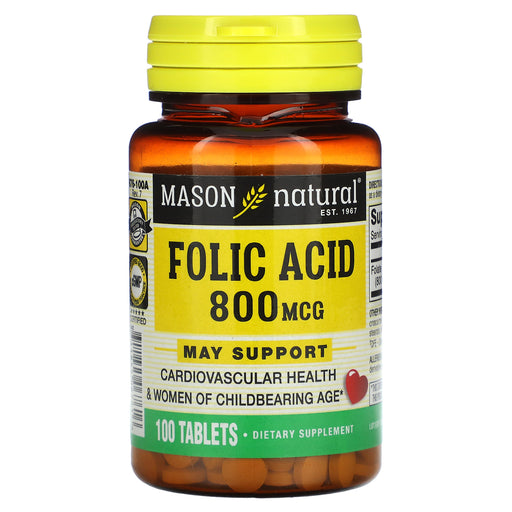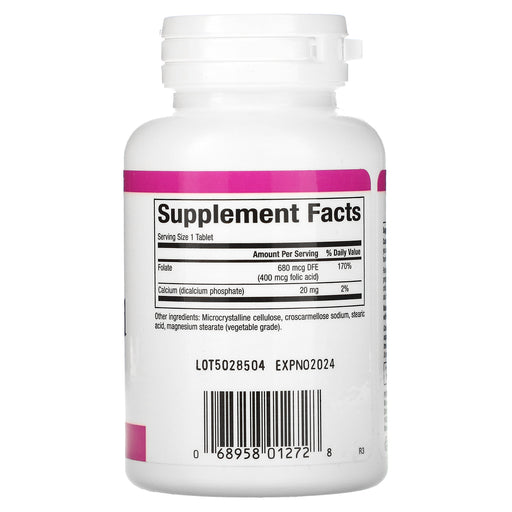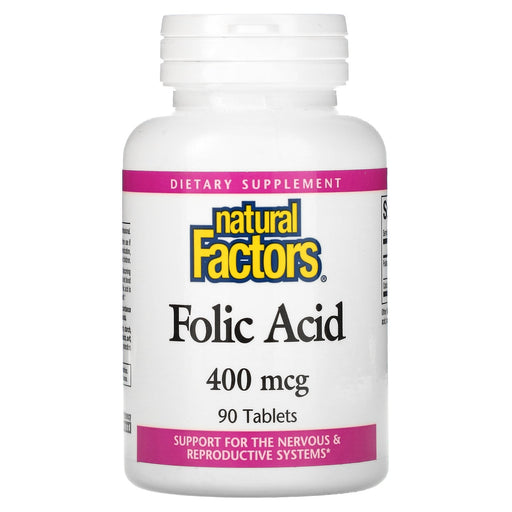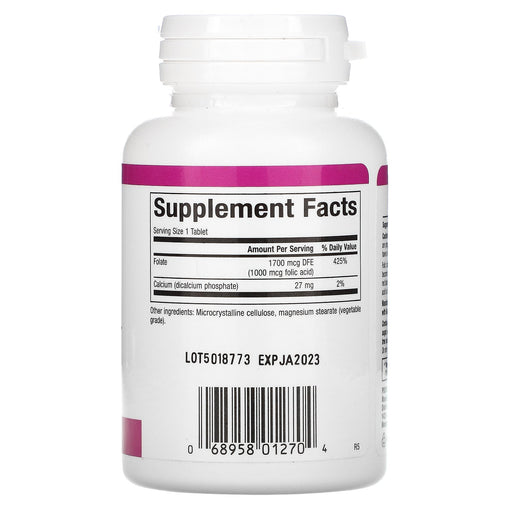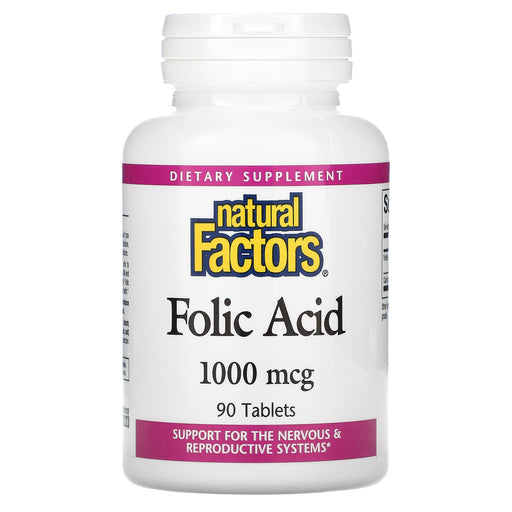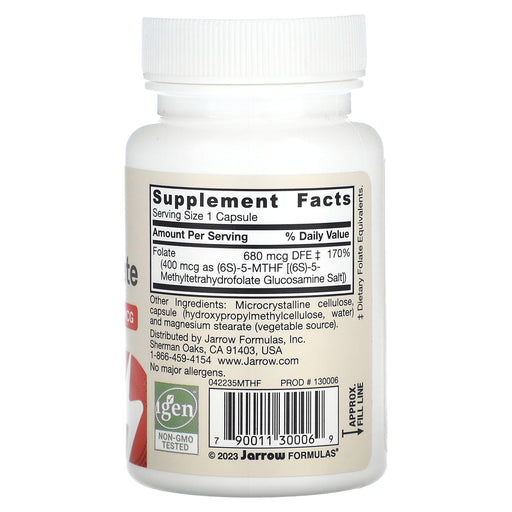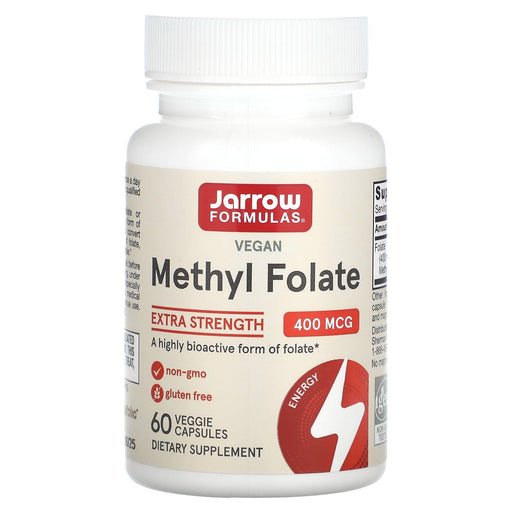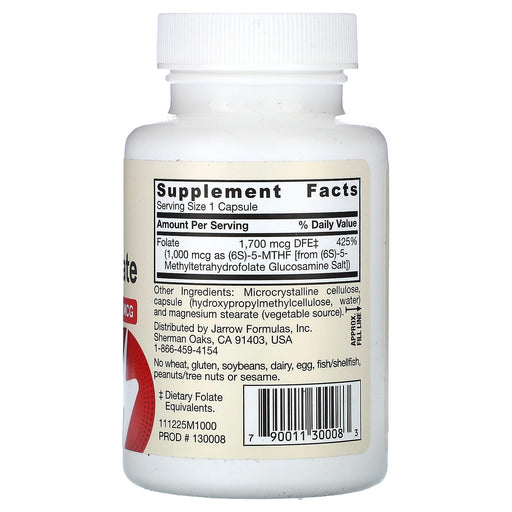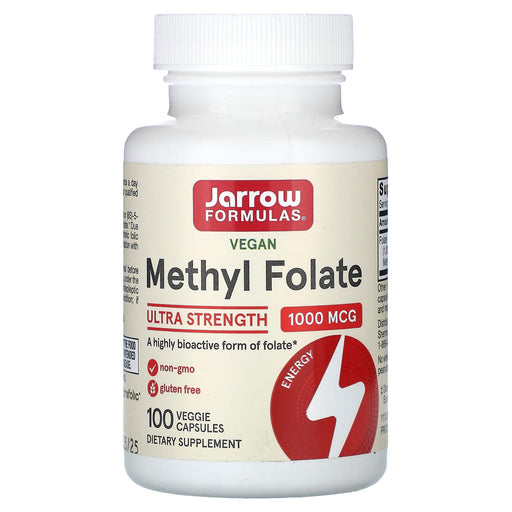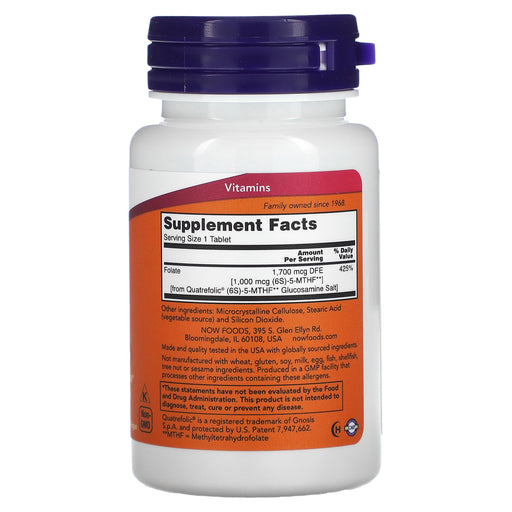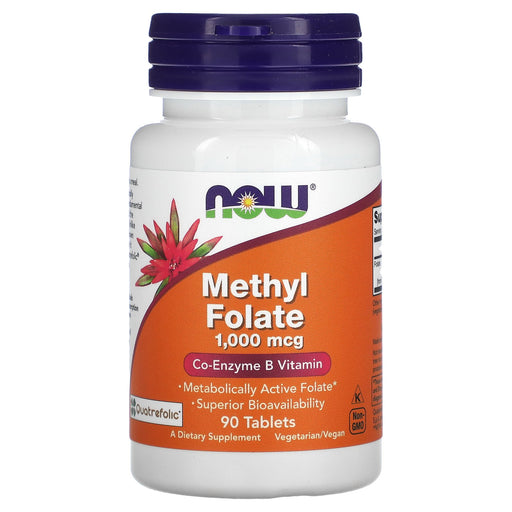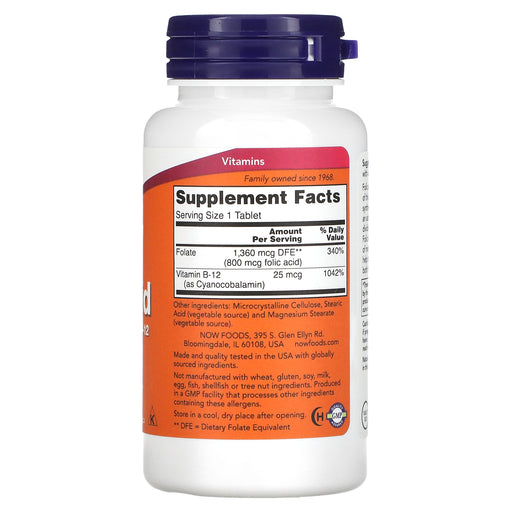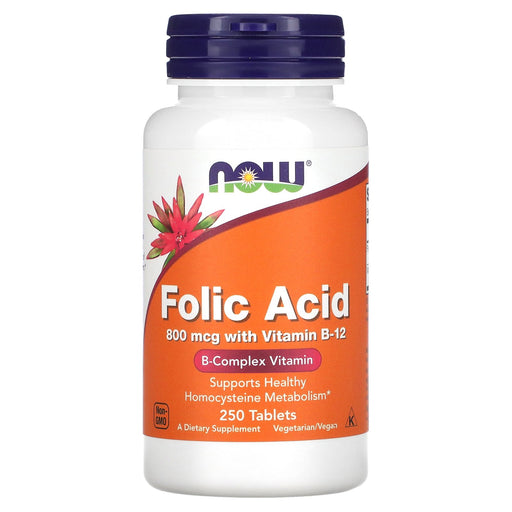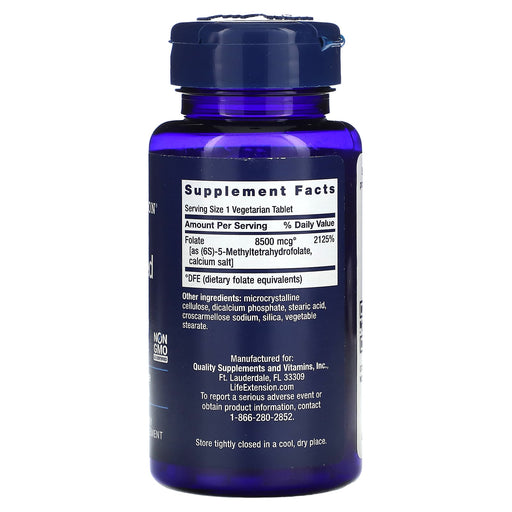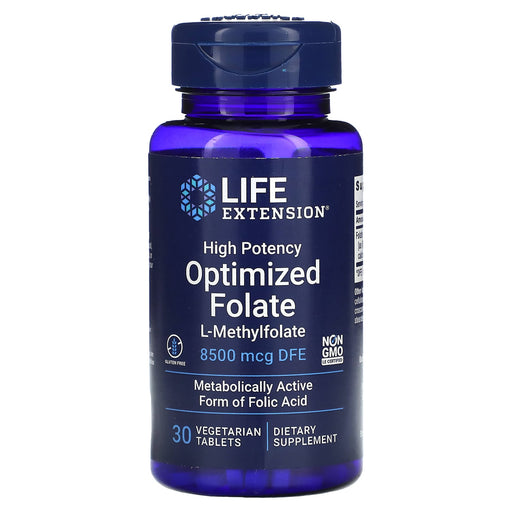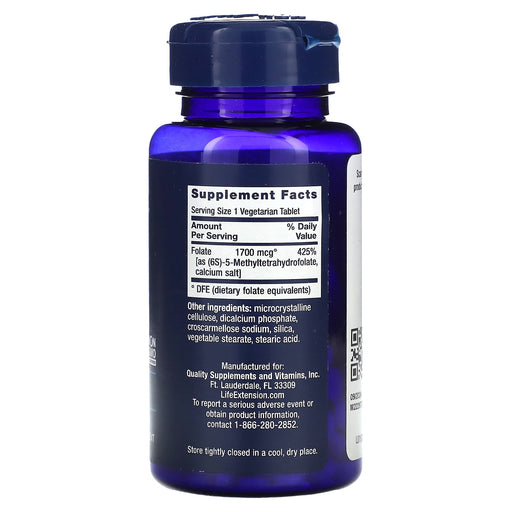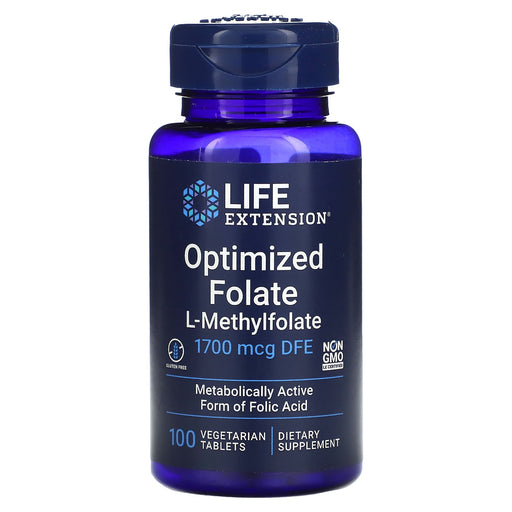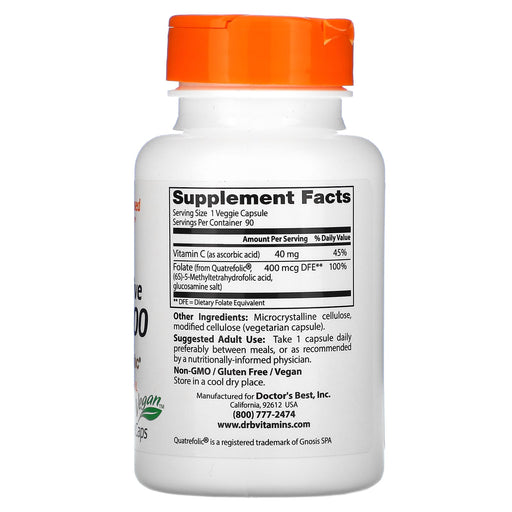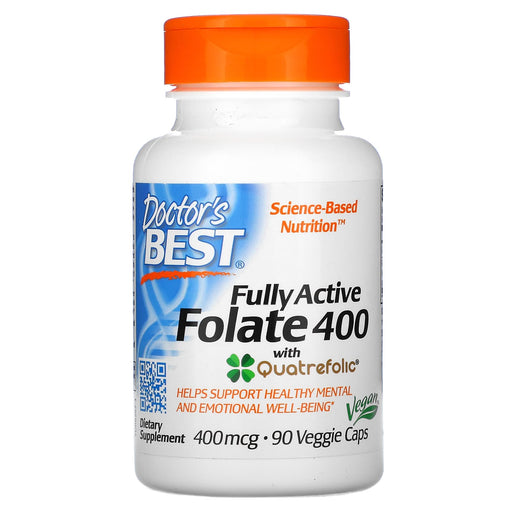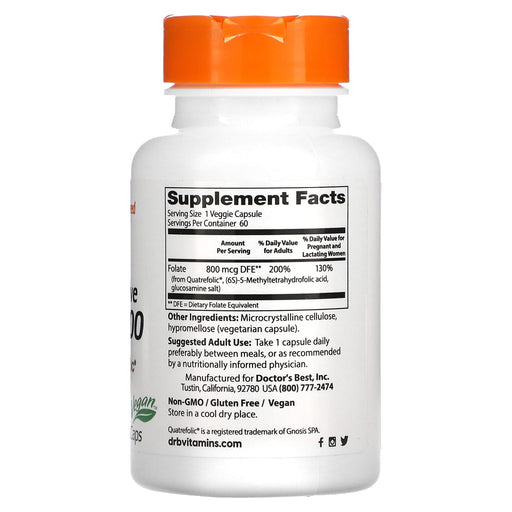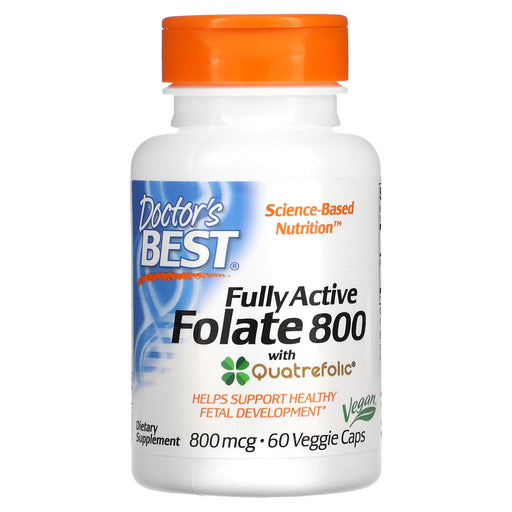
Supporting Optimal Health and Development with Folic Acid Supplements
Folic acid, also known as vitamin B9, is an essential nutrient that plays a crucial role in various bodily functions, from DNA synthesis and red blood cell production to brain development and cardiovascular health. While folic acid can be found naturally in foods like leafy greens, legumes, and fortified grains, many people may benefit from supplementation to ensure optimal intake, particularly women of childbearing age, pregnant women, and those with certain health conditions.
The Importance of Folic Acid in the Body
Folic acid is involved in numerous vital processes within the body, including:
- DNA Synthesis: Folic acid is essential for the production and repair of DNA, the genetic material that forms the blueprint for all cells in the body. Adequate folic acid intake is crucial for proper cell division and growth.
- Fetal Development: Folic acid is critical for the proper development of the neural tube, which forms the brain and spinal cord in the early stages of pregnancy. Sufficient folic acid intake before and during pregnancy can help prevent neural tube defects like spina bifida and anencephaly.
- Red Blood Cell Formation: Folic acid works in conjunction with vitamin B12 to support the production of healthy red blood cells, which are responsible for carrying oxygen throughout the body. Deficiencies in folic acid can lead to megaloblastic anemia, a condition characterized by large, immature red blood cells and symptoms like fatigue and weakness.
- Homocysteine Regulation: Folic acid helps regulate levels of homocysteine, an amino acid that, when elevated, has been associated with an increased risk of heart disease and stroke. Adequate folic acid intake can help maintain healthy homocysteine levels and support cardiovascular health.
- Brain Function: Folic acid plays a role in the production of neurotransmitters like serotonin and dopamine, which are essential for mood regulation, cognitive function, and overall brain health. Folic acid deficiency has been linked to an increased risk of depression and cognitive decline.
Benefits of Folic Acid Supplementation
Incorporating folic acid supplements into your wellness routine can offer several potential benefits, including:
- Prenatal Health: For women of childbearing age and those who are pregnant, folic acid supplementation is crucial for reducing the risk of neural tube defects and supporting healthy fetal development. Folic acid works synergistically with other essential prenatal nutrients like iron, calcium, and omega-3 fatty acids to promote a healthy pregnancy.
- Cardiovascular Support: By helping to regulate homocysteine levels, folic acid supplementation may support cardiovascular health and reduce the risk of heart disease and stroke. Combining folic acid with other heart-healthy nutrients like omega-3s, coenzyme Q10, and vitamin E can provide a comprehensive approach to cardiovascular wellness.
- Red Blood Cell Health: Folic acid supplementation can help support the production of healthy red blood cells, preventing megaloblastic anemia and promoting optimal oxygen delivery throughout the body. Folic acid works in tandem with vitamin B12 and iron to ensure proper red blood cell formation and function.
- Brain Health and Mood Support: By supporting the production of neurotransmitters like serotonin and dopamine, folic acid supplementation may help promote healthy brain function, cognitive performance, and mood regulation. Pairing folic acid with other brain-supportive nutrients like omega-3s, B vitamins, and magnesium can provide a synergistic approach to mental wellness.
- Overall Health and Well-Being: Adequate folic acid intake is essential for proper cell growth, DNA synthesis, and various metabolic processes throughout the body, making it a crucial nutrient for overall health and well-being.
Choosing the Best Folic Acid Supplement
When selecting a folic acid supplement, consider the following factors to ensure you're getting a high-quality, effective product:
- Form of Folic Acid: Look for supplements that contain the active form of folic acid, known as L-methylfolate or 5-MTHF, which is more readily absorbed and utilized by the body compared to synthetic folic acid. This is especially important for individuals with a genetic variation (MTHFR polymorphism) that affects their ability to convert synthetic folic acid into its active form.
- Quality and Purity: Choose folic acid supplements from reputable brands that adhere to strict quality control standards, such as third-party testing, to ensure purity and potency.
- Appropriate Dosage: The recommended daily allowance (RDA) for folic acid varies by age, sex, and life stage. Most adults require 400 mcg of folic acid per day, while pregnant women need 600 mcg daily. Consult with a healthcare professional to determine the appropriate dosage for your individual needs.
- Complementary Nutrients: Some folic acid supplements may include other B vitamins, like vitamin B12 and vitamin B6, which work synergistically with folic acid to support various aspects of health. Consider choosing a B-complex supplement or a multivitamin that includes folic acid for a more comprehensive approach to wellness.
- Brand Reputation: Select folic acid supplements from trusted brands with a history of producing high-quality, science-backed products and a commitment to transparency and safety.
Tips for Optimizing Folic Acid Intake
To maximize the benefits of folic acid supplementation and support overall health, consider the following tips:
- Combine with a Nutrient-Rich Diet: While folic acid supplements can help ensure adequate intake, they should be used in conjunction with a balanced, nutrient-dense diet that includes folate-rich foods like leafy greens, legumes, and fortified grains.
- Take with Vitamin B12: Folic acid and vitamin B12 work closely together in various metabolic processes, including red blood cell formation and homocysteine regulation. To optimize the benefits of folic acid supplementation, consider taking it in combination with vitamin B12, either as a standalone supplement or as part of a B-complex or multivitamin formula.
- Start Early for Prenatal Health: If you're planning to become pregnant, start taking a prenatal vitamin with folic acid at least one month before conception and continue throughout your pregnancy to support healthy fetal development and reduce the risk of neural tube defects.
- Be Mindful of Interactions: Folic acid supplements may interact with certain medications, such as anticonvulsants, methotrexate, and sulfasalazine. If you're taking any medications, consult with a healthcare professional before starting a folic acid supplement to ensure safety and appropriateness.
- Monitor Your B12 Status: In some cases, high-dose folic acid supplementation may mask a vitamin B12 deficiency, as both nutrients are involved in red blood cell formation. If you're taking folic acid supplements, particularly in higher doses, have your vitamin B12 levels checked periodically to ensure adequacy and prevent potential neurological complications.
Support Optimal Health and Development with Folic Acid Supplements from Health Orchard
Ensure your body gets the essential nutrient it needs for proper growth, development, and overall health with Health Orchard's curated selection of high-quality folic acid supplements. Our collection features top-tier products from trusted brands, offering a range of options to suit every preference and need.
From standalone folic acid supplements in the active L-methylfolate form to comprehensive B-complex and multivitamin formulas that include folic acid along with other synergistic nutrients, our selection is designed to support optimal health and well-being at every stage of life. Whether you're a woman of childbearing age, pregnant, or simply looking to support your overall health, you'll find the perfect folic acid supplement to meet your unique needs.
Experience the transformative power of this essential B vitamin and give your body the nourishment it needs to thrive. With Health Orchard's commitment to quality, efficacy, and your individual health needs, you can trust that you're getting the best folic acid supplements available.
Invest in your health and vitality with premium folic acid supplements from Health Orchard. Explore our collection today and witness the key to unleashing your body's full potential for growth, development, and lifelong well-being.
Frequently Asked Questions about Folic Acid
1. What is the benefit of taking folic acid?
Folic acid is a synthetic form of folate, a B vitamin essential for various bodily functions. Taking folic acid supplements can provide numerous health benefits:
- Pregnancy support: Folic acid is crucial for preventing neural tube defects in developing fetuses, such as spina bifida and anencephaly.
- Red blood cell production: Folate plays a key role in the formation and maturation of red blood cells, helping prevent anemia.
- Homocysteine regulation: Folic acid helps regulate homocysteine levels, an amino acid linked to an increased risk of heart disease and stroke when present in high amounts.
- Brain function: Adequate folate intake may support cognitive function, mood regulation, and mental health.
- Cell growth and division: Folate is essential for DNA synthesis and cell division, making it important for overall growth and development.
Folic acid supplements are particularly important for women of childbearing age, as they help ensure adequate folate levels during early pregnancy when neural tube development occurs.
2. Is it OK to take folic acid every day?
Yes, it is generally safe to take folic acid supplements every day, as long as you consume them in recommended amounts. The recommended daily allowance (RDA) for folate is 400 mcg for adults, with higher doses recommended for pregnant women (600 mcg) and breastfeeding women (500 mcg).
Most people can meet their daily folate needs through a balanced diet rich in folate-containing foods, such as leafy green vegetables, citrus fruits, beans, and fortified grains. However, some individuals may benefit from daily folic acid supplementation:
- Women of childbearing age, to support healthy fetal development in case of pregnancy
- Pregnant and breastfeeding women, to meet increased folate demands
- People with certain genetic disorders affecting folate metabolism
- Individuals taking medications that interfere with folate absorption or metabolism
3. What are the side effects of taking folic acid supplements?
Folic acid supplements are generally well-tolerated, and side effects are rare when taken in recommended amounts. However, some people may experience minor side effects, such as:
- Nausea
- Loss of appetite
- Bloating or gas
- Bitter taste in the mouth
- Sleep disturbances
In rare cases, high doses of folic acid (above 1,000 mcg per day) may cause more serious side effects:
- Masking vitamin B12 deficiency: High folic acid intake can correct the anemia associated with vitamin B12 deficiency, potentially delaying diagnosis and treatment of the underlying deficiency, which can lead to neurological damage.
- Increased risk of certain cancers: Some studies suggest that high folic acid intake may increase the risk of certain cancers, such as colorectal and prostate cancer, in people with pre-existing precancerous lesions.
- Drug interactions: Folic acid may interact with certain medications, such as anticonvulsants, methotrexate, and sulfasalazine, affecting their efficacy or increasing the risk of side effects.
To minimize the risk of side effects, follow the recommended dosage instructions and consult with a healthcare professional before starting folic acid supplementation, especially if you have any pre-existing health conditions or are taking medications.
4. Why do you need folic acid if you are not pregnant?
While folic acid is often associated with pregnancy support, it is an essential nutrient for everyone, regardless of pregnancy status. Folic acid, the synthetic form of folate, plays a crucial role in various bodily functions:
- Red blood cell production: Folate is necessary for the formation and maturation of red blood cells, helping prevent anemia.
- Homocysteine regulation: Folic acid helps regulate homocysteine levels, an amino acid that, when present in high amounts, is linked to an increased risk of heart disease and stroke.
- Brain function: Adequate folate intake may support cognitive function, mood regulation, and mental health.
- Cell growth and division: Folate is essential for DNA synthesis and cell division, making it important for overall growth, development, and tissue repair.
- Digestive health: Folate plays a role in maintaining a healthy digestive system and may help reduce the risk of certain gastrointestinal disorders, such as colorectal cancer.
5. Can I take folic acid daily if I am not pregnant?
Yes, you can take folic acid daily, even if you are not pregnant. The recommended daily allowance (RDA) for folate is 400 mcg for adult men and women, which can be obtained through a balanced diet or folic acid supplementation.
Some individuals may benefit from daily folic acid supplementation, even if not pregnant:
- Women of childbearing age: Taking folic acid daily can help ensure adequate folate levels in case of pregnancy, as neural tube development occurs early in pregnancy, often before a woman knows she is pregnant.
- People with genetic disorders: Certain genetic disorders, such as methylenetetrahydrofolate reductase (MTHFR) polymorphisms, can affect folate metabolism, making supplementation necessary.
- Individuals with digestive disorders: Some digestive disorders, such as celiac disease or inflammatory bowel disease, can impair folate absorption, necessitating supplementation.
- People taking certain medications: Some medications, such as anticonvulsants, methotrexate, and sulfasalazine, can interfere with folate absorption or metabolism, making supplementation important.
6. When to take folic acid, morning or night?
Folic acid can be taken at any time of day, as long as you take it consistently. There is no specific evidence to suggest that taking folic acid in the morning or at night is more beneficial.
However, some factors to consider when deciding when to take folic acid include:
- Convenience: Choose a time that is easy to remember and fits into your daily routine to ensure consistent use.
- Tolerance: If you experience any minor side effects, such as nausea or stomach upset, taking folic acid with food or at night may help alleviate these symptoms.
- Interactions with other supplements or medications: If you are taking other supplements or medications that may interact with folic acid, your healthcare provider may recommend taking them at different times to minimize potential interactions.


